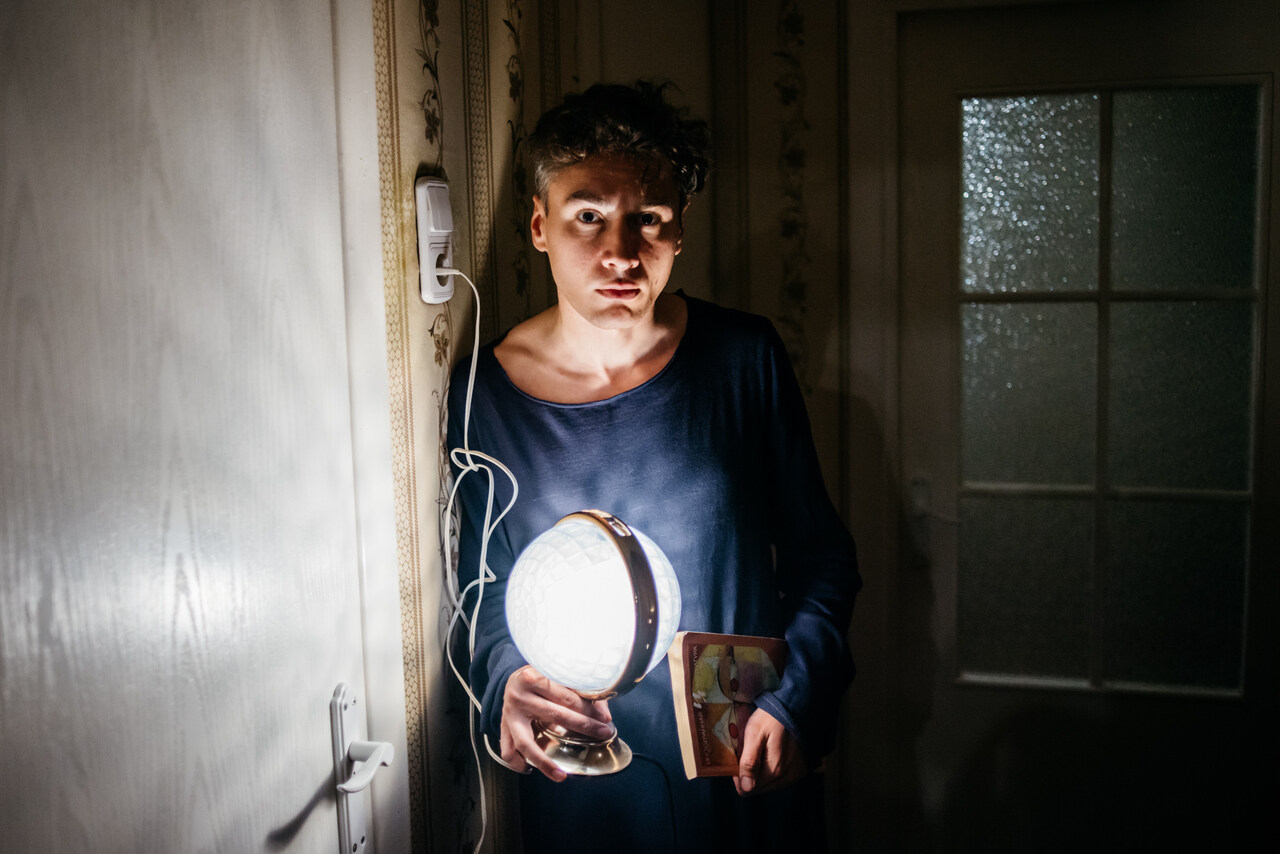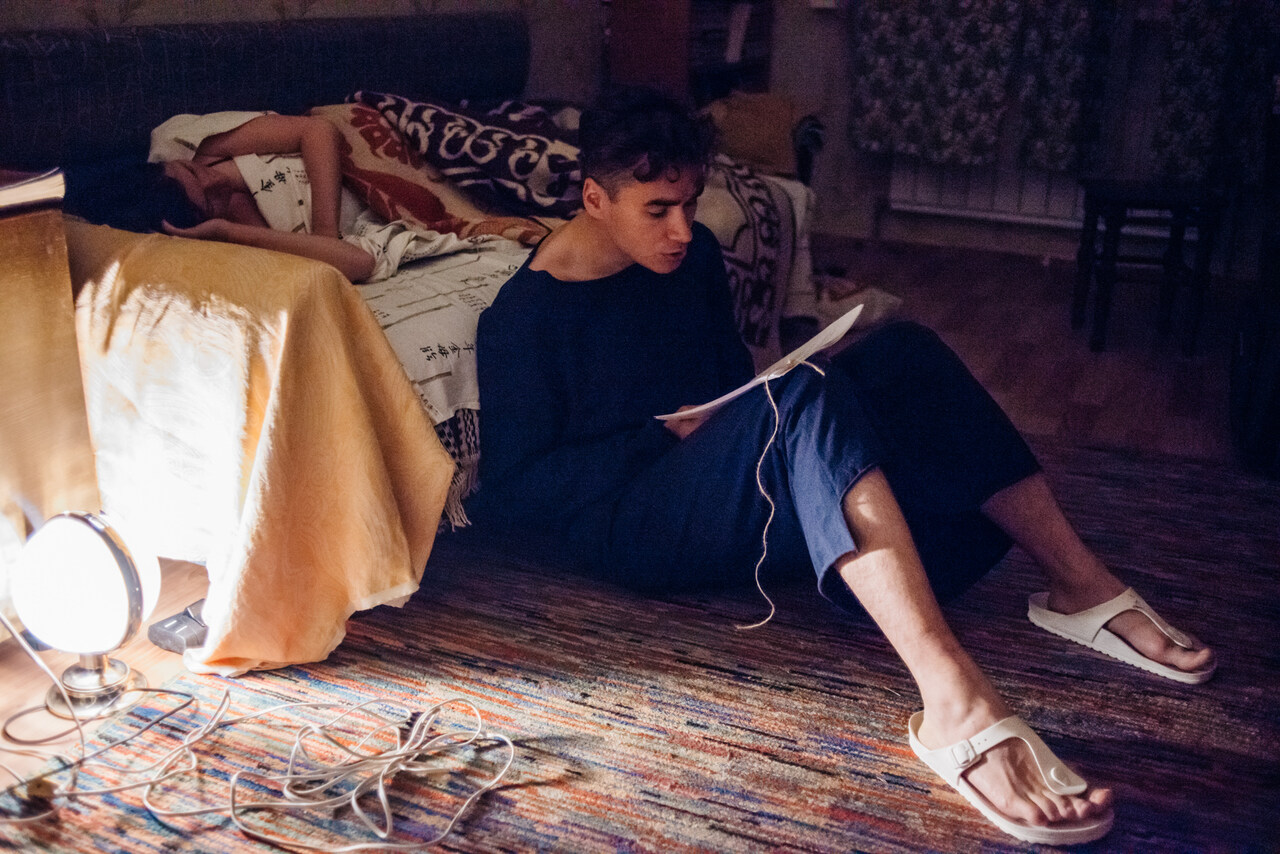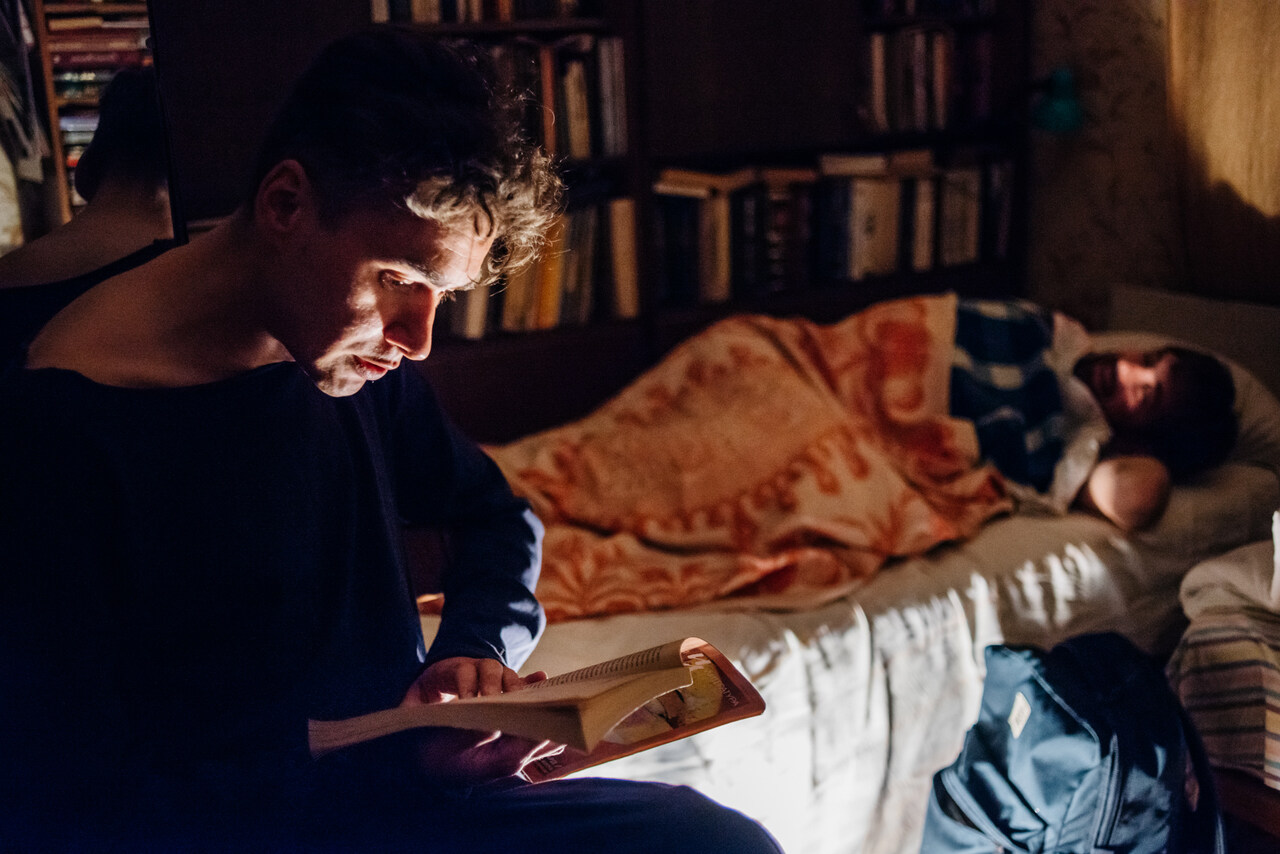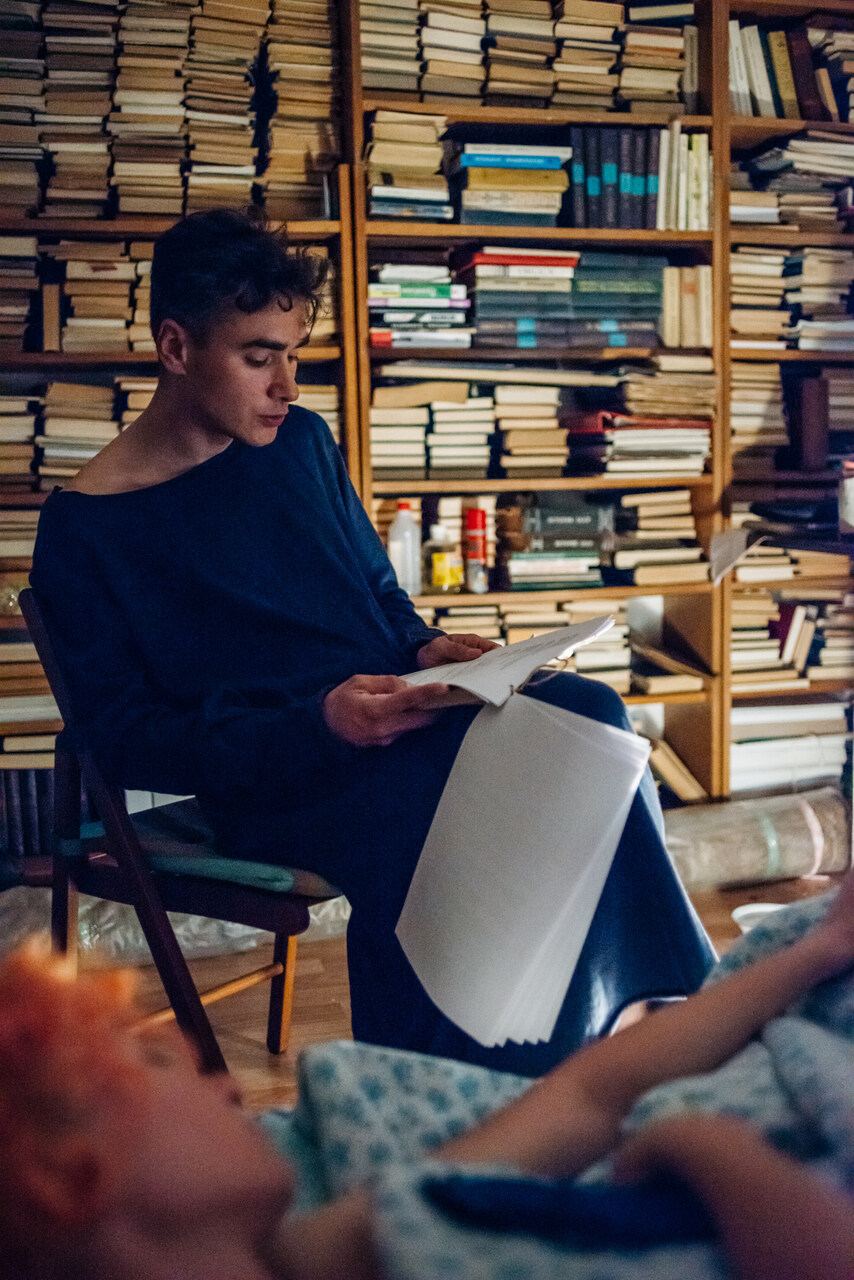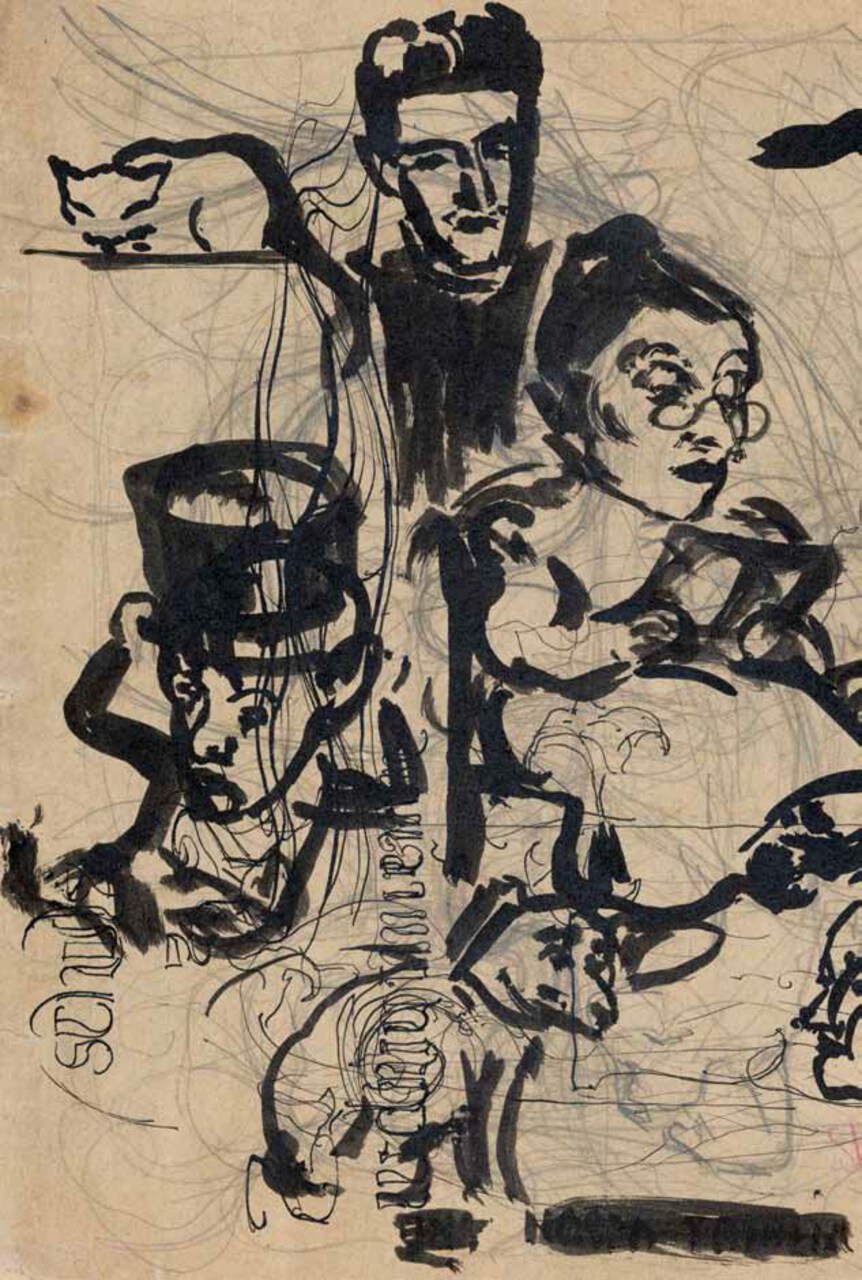Everyday life practice
Terms: affective labour, corridor anomalies, intimate interfaces, repetition
Bedtime reading creates the meaningful, reflective transition between reality and sleep, which cannot take place when you just fall after overwork (cognitive as well as creative) or self-wasting, self-burning partying as labour.
Bedtime reading is usually a ritual performed between close people. When an unfamiliar person reads to you before sleep, it may turn out to be at least uncomfortable. In this case, only trust in the intentions of this person and that same reflexive distance, which makes possible to view this reading as a ritual, can save the situation. And also an immersion in the proposed text.
You have the opportunity to pre-order my reading for any of the nights / evenings / days of my presence in Minsk (or another venue of the WHPH), and I commit to be ready to fulfill your order at any time of the day. I can sit in your bed (or other sleeping place) beside you or on a chair next to you. I will wear my home clothes. You can choose a book from the list offered below. The schedule of readings is made on the first day of the WHPH and may be adjusted depending on the availability.
Reading list:
Marcel Proust, “Sodom and Gomorrah”
Bruno Schulz “Cinnamon Shops”, “Sanatorium Under the Sign of the Hourglass“
Fyodor Dostoevsky “A Gentle Creature”
Colette Peignot “Story of a Little Girl: Sad Privilege or a Fairy Tale Life“
Hervé Guibert “Les aventures singulières”, “Ghost Image”
Walter Benjamin “Moscow Diary”
Kathy Acker “Lust”, “Requiem”
Yuri Leiderman “Moabit Chronicles”
“Ancient Chinese Philosophy”, Ed. “Thought”, Moscow, 1973
Jacques Ranciere “On the Shores of Politics”, “Disagreement: Politics and Philosophy”, “The Distribution of the Sensible”
Thomas Bernhard “The Loser”
Image: drawing by Bruno Schulz.
